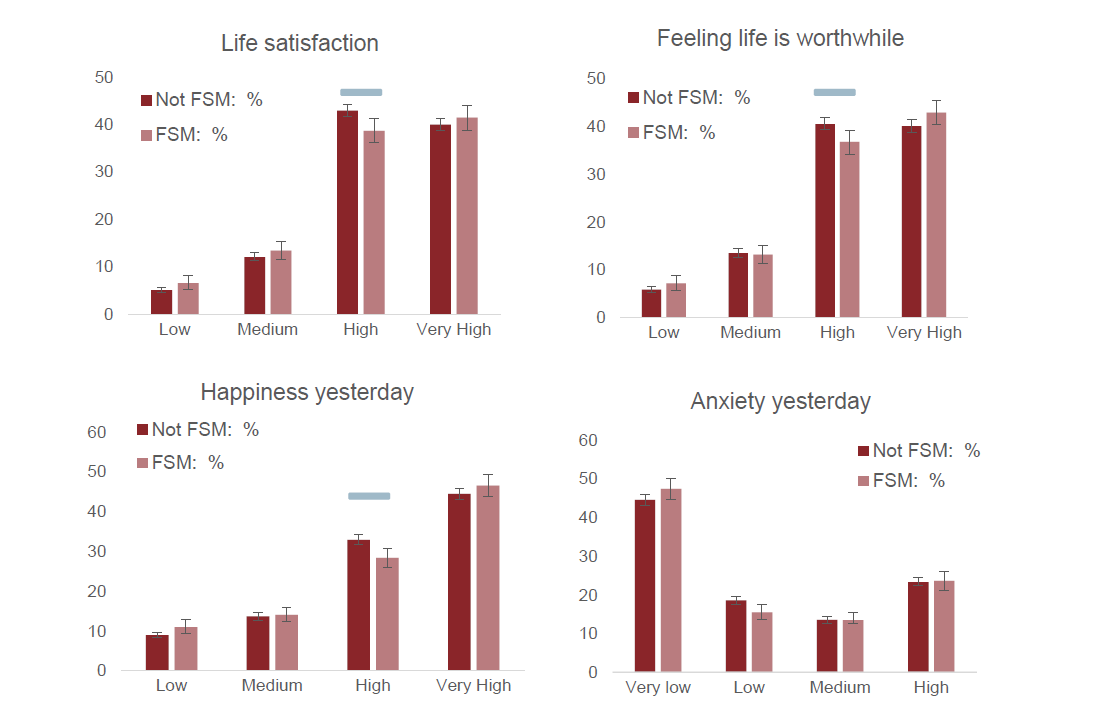The Department for Education has published its first “state of the nation” report on children and young people’s wellbeing.
The report was pledged by former prime minister Theresa May in October last year. It is supposed to integrate the “available evidence” on the state of children and young people’s wellbeing.
Here are three interesting findings relating to schools.
1. Satisfaction with school fades with age
According to the report, 81 per cent of 10 to 12-year-olds reported being happy with their school overall, compared with 70.7 per cent of 13 to 15-year-olds.
However, pupils’ happiness with their school work remained stable over age.
According to the report, this implies “that a drop in happiness with school overall as children move into early adolescence may be related to wider factors (such as their peer relationships, for example) rather than by children being less happy with their school work itself”.
2. Girls more likely to be bullied
The report points to existing data that shows rates of bullying were higher in females than males in 2018.
However, this gender difference was not present in 2015-16 and 2016-17.
Girls were also more likely to experience cyberbullying than boys. But the frequency of bullying does not differ markedly by gender.
“This pattern of prevalence data suggests that whilst higher rates of bullying in girls may be a contributing factor to lower wellbeing they may not be the whole story, but cyberbullying may be particularly important,” said the report.
The report also found that those who receive extra support at school and those with a long-term illness or disability are more likely to report bullying.
3. FSM pupils less likely to feel life is worthwhile
Although the report did not find any “discernible difference” in the average wellbeing ratings of pupils from poorer backgrounds, it did find an interesting trend in their responses to certain questions.
For example, a lower proportion of FSM pupils responded that they had “high “life satisfaction, a feeling of life being worthwhile, and a feeling of happiness yesterday.
The report states that these results “indicate a pattern of lower wellbeing in FSM pupils, but these differences were relatively small”.









These are not educational ‘truisms’ but observations of a marketised education system that is not fit for purpose.
https://rogertitcombelearningmatters.wordpress.com/2017/09/14/there-is-another-way-and-it-appears-to-work/
See also
https://rogertitcombelearningmatters.wordpress.com/2015/12/20/the-unintended-consequences-of-the-school-testing-regime-by-professor-alastair-sharp/